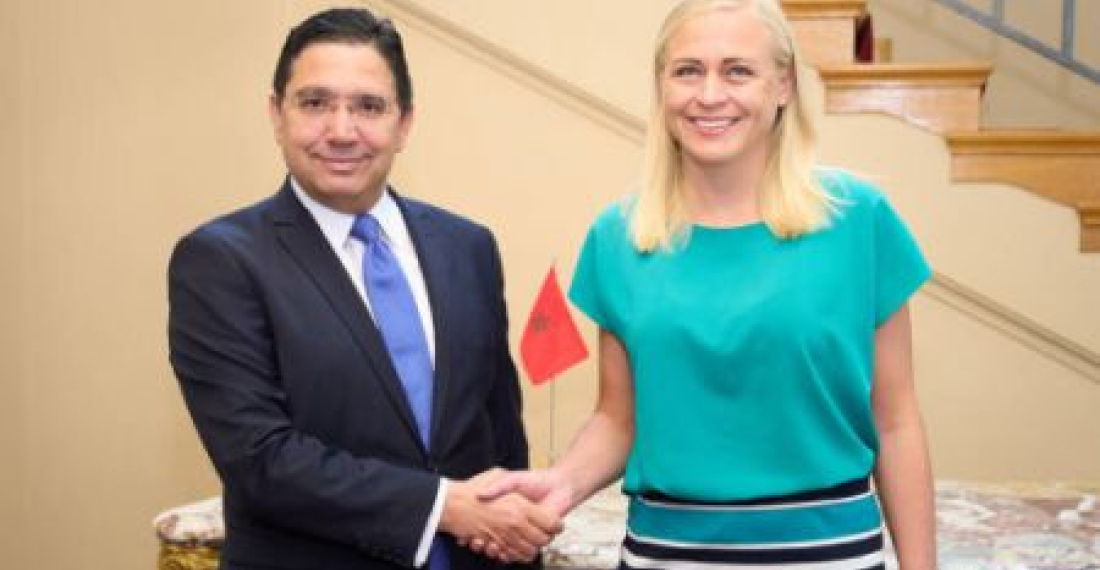Finland and Morocco discussed cooperation in water, renewable energy, green hydrogen, cybersecurity and telecommunications in the Finnish capital Helsinki on Tuesday (6 August).
Finnish Foreign Minister Elina Valtonen received her Moroccan counterpart Nasser Bourita, who is on a working visit to Finland. Both countries see opportunities in digitalisation, especially in cybersecurity and 5G networks.
They also highlighted the memorandums of understanding they have signed on renewable energy and water management. Finland can offer its expertise in water technologies and smart solutions that match Morocco's priorities.
The ministers agreed to have experts look for new areas of common interest. Finland and Morocco have ambitious renewable energy targets and want to support the green transition, including green hydrogen.
They also saw opportunities for cooperation in the health sector, given Morocco's reforms. The ministers decided to add economic and trade aspects to their annual political consultations.
They plan to hold an economic forum in 2025, the year when Finland and Morocco will celebrate 65 years of diplomatic relations.







